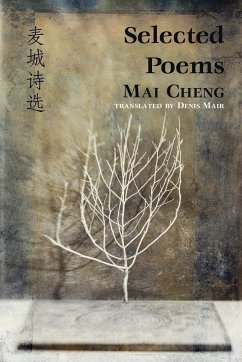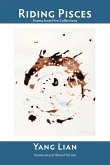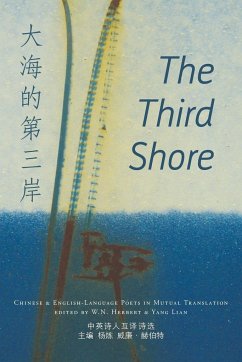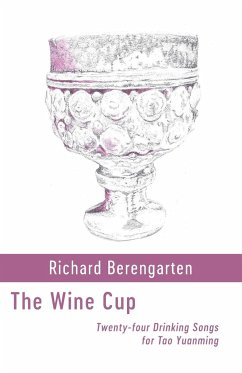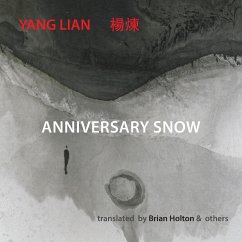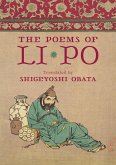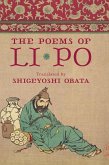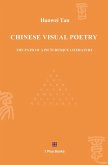A bilingual (English & Chinese) collection by Dalian-based poet-editor, Mai Cheng. This is the first collection of his work to be made available in translation. [Mai Cheng] would seem to have no regard for the conventional limits of the poetic, but he rarely falls into a disorder that cannot be remedied. He has calmly but firmly placed the anvil of his poetic art in the space between saying too much and disclosing secrets, between the investigations of life and the cure of aesthetics, in order to forge his individual poetic voice. The risks he takes with language are managed with consummate ease. (Tang Xiaodu)

